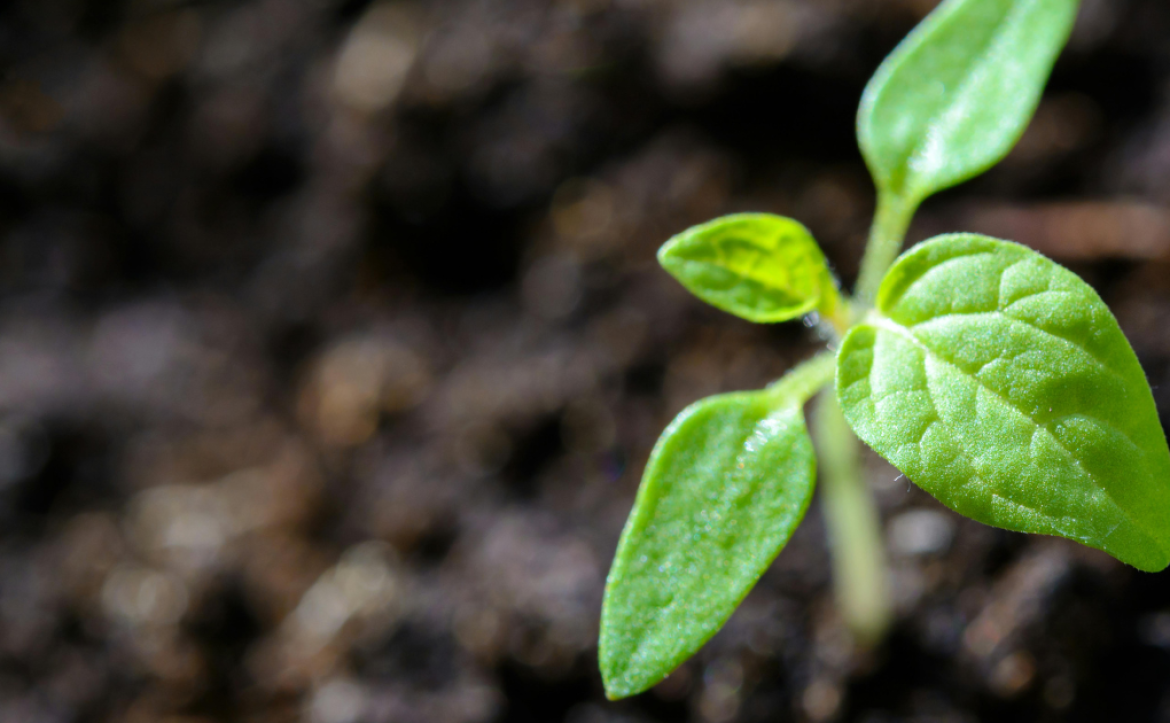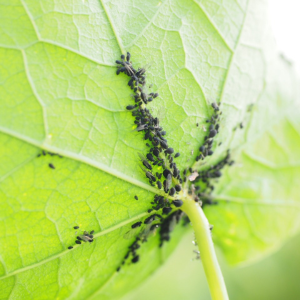
Table of contents
Introduction
Establishing an Organic Garden
Pesticide-Free Solutions for Pest Management
Natural Methods for Nurturing Your Garden
Watering Techniques for Organic Gardens
Fertilizing Your Organic Garden
Maintenance and Care Tips
Harvesting and Enjoying Your Organic Produce
Conclusion
Organic gardening is very popular these days. By following a few rules, we can create a pesticide-free organic garden that will produce wonderful herbs for the kitchen and meet vegetable needs. As organic gardening gains more traction, we understand its dual benefits: it not only nurtures our mental well-being but also enables us to revel in nature’s beauty and relish the delicious produce it offers.
Now, let’s delve into the methods for establishing and maintaining an organic garden. It is considered a hobby by many people but should actually be taken as a profession. Anyone who can grow fruits, herbs, and vegetables organically and eat them knows that they are healthy, free of pesticides, herbicides, and chemicals. We have seen that every garden has pests all the time but to deal with this problem, we can apply some methods of organic gardening instead of chemicals that remind us of the practices employed by gardeners in times past, before the advent of pesticides and herbicides.
For example, combine a teaspoon of dishwashing liquid and a cup of vegetable oil in a jar and shake vigorously. Take an empty spray bottle and combine two teaspoons of this mixture with one teaspoon of water. We can apply it every ten days to get rid of whiteflies, mites, aphids, scales, and other pests. This way, we can grow fruits, vegetables, and herbs that are healthy and taste great and are much less expensive than grocery store produce, giving us peace of mind.
If our garden plants are infested with aphids, spray the plants with soapy water and then rinse again with clean water. This way, the aphids will stop bothering the plants for a while. We can use compost for our garden or instead of buying compost, we can easily make compost by using our garden and kitchen waste. In our compost pile, we can use various kitchen vegetable peels, dead weeds, coffee grounds, tea leaves, eggshells, and even garden tree trimmings. This compost improves soil structure while enriching the soil, improves soil aeration, and stimulates root development.
When we choose plants for organic gardening, we must make sure that these plants are suitable for our area. Grass clippings mixed with pine needles or old newspapers make excellent mulches to keep the garden weed-free and the soil moist. These methods of our organic gardening will help us grow healthy organic fruits and vegetables that our family and friends will love. Of course, the most important thing is to enjoy our organic garden and the fruits of our labor. Growing vegetables and herbs organically can give us satisfaction in our cooking. A garden that has healthy foods can inspire related work.

infested leaf with aphids
